Choosing The Right Retirement Plan For Your Business
Setting up a retirement plan for you and your employees is important when you have your own business or are involved in a start-up. There are several kinds of plans that have tax advantages and listed below are the three most commonly used.
401(k)
A 401(k) plan is one of the most popular retirement options. It allows the employee to dictate how much from his or her paycheck they want deferred and contributed by the employer to an individual account. Employees can save on income tax from the amount put into the 401(k) because contributions can be made on a pretax basis. If the plan’s documents allows, employees who contribute to a 401(k) can also borrow from their account.
Employers also have the ability to give matching contributions to an employee’s 401(k) if the employee makes elective deferrals. These contributions can be dependent on a vesting schedule as well as testing requirements to ensure higher paid employees aren’t contributing much more than lower paid employees. If you implement a “safe harbor” 401(k), you will be able to evade these tests.
As of 2019, you can contribute up to $19,000 to your 401(k). If you’re 50 or over as of December 31, 2019, you can also contribute an additional “catch-up” amount of $6,000.
A Simplified Employee Pension (SEP) IRA
is a maximum deductible contribution that can be applied to these accounts. You can contribute up to 25% of the employee’s compensation or up to $56,000. Employees are solely responsible for their IRAs and IRA investments.
A Savings Incentive Match Plan for Employees (SIMPLE) IRA
If your business has 100 employees or less, you have the option of setting up a SIMPLE plan. If you chose this option, each employee will get an IRA account and the employers matches the contributions elected by employees. The agreement has to be under a salary reduction arrangement. For 2019, the maximum contribution is $13,000 with a $3,000 “catch-up” amount if you’re 50 or older by December 31, 2019.
The benefits of a SEP or SIMPLE IRA are that the annual contributions are regulated by certain rules rather than the normal IRA caps. Neither option needs annual filing or testing. However, you cannot borrow from these options like you could from a 401(k).
More to Choose From
Although we only outline three options here, there could be more retirement plans that could apply to your business. We can discuss the possibilities with you and help you find the best fit for your company




